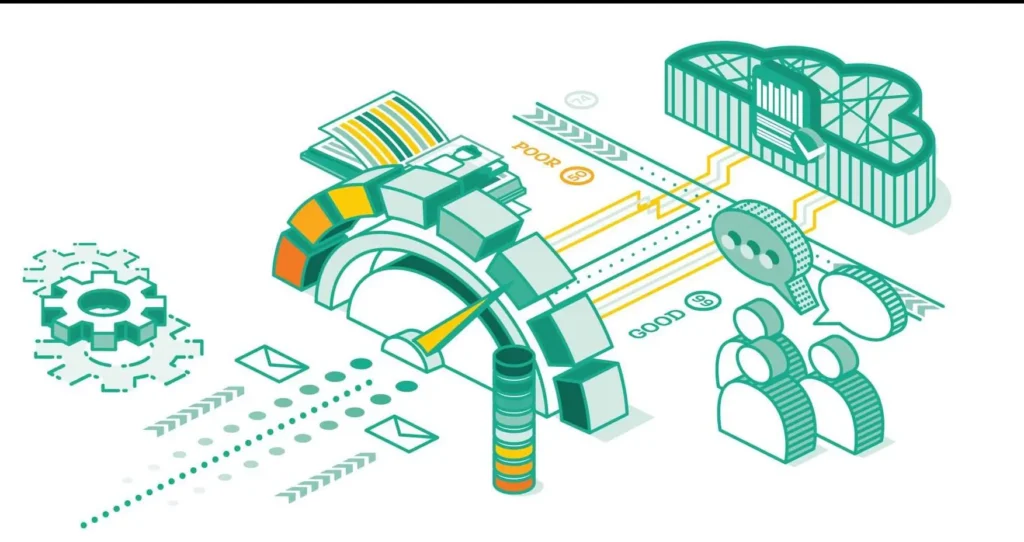Chancellor of Exchequer Jeremy Hunt unveiled the Spring Budget 2023 on 15 March 2023. The Spring Budget 2023 highlights its plans to build a stable economic environment by focusing on reducing inflation, promoting economic growth, and reducing national debt.
Key Takeaway of the Spring Budget 2023
- Full expensing for new and unused plant and machinery and temporary 50% First-year allowance.
- Legislation to be introduced to permanently increase the rate of the Annual Investment Allowance (AIA) from £200,000 to £1million per annum.
- R&D relief for overseas costs extended for one year from 1 April 2023 till 1 April 2024.
- R & D relief for loss making businesses with qualifying R&D expenditure of more than 40% of their total annual costs able to claim repayable credit of 27% of their costs.
- Abolition of Lifetime Allowance and raising of Pension Annual Allowance limit from £40,000 to £60,000.
- No gain/No loss treatment on divorcing partners extended until the third anniversary of date on which separating couples ceased living together.
- Roll-over and private residence relief to be extended for claim made on or after 6 April 2023 for qualifying transfer of interest in land by Limited Liability Partnership and Scottish Partnerships.

100% Expensing and 50% First Year Allowance
The Spring Budget introduced ‘full expensing’ from 1 April 2023 until 31 March 2026, benefitting companies from a 100% first-year allowance (FYA) for capital expenditure on qualifying plant and machinery.
A temporary FYA of 50% will also be available for expenditure on new and unused special rate plant and machinery.
| 100% First Year Allowance | 50% First Year Allowance |
|---|---|
| Available for expenditure on new and unused plant and machinery that ordinarily qualifies for the 18% main rate of writing down allowances. | Available for expenditure on new and unused special rate plant and machinery, including integral features in a building, and long-life assets that normally qualify for 6% writing down allowances. |
Annual Investment Allowance to be Made Permanent

Legislation to be introduced to permanently increase the rate of the Annual Investment Allowance (AIA) from £200,000 to £1million per annum for expenditure on qualifying plant and machinery.
The annual allowance was due to return to £200,000. However, this budget came with good news and this will not be moving forward.
However, the super-deduction, which gives enhanced 130% relief for new qualifying plant and machinery acquired by companies, will end on 31 March 2023.
Research and Development Relief Reforms
1. Claiming R&D Relief for Overseas Costs
In order to prevent companies from claiming R&D relief in the UK for project work undertaken overseas, a draft legislation was released prior and was due to take effect after 1 April 2023.
However, there has been a bit of relief as this will now only come into effect after April 2024.
2. Relief for Loss Making Businesses
The Autumn statement 2022 reduced Small and medium-sized enterprises (SME) additional deduction from 130% to 86% and SME credit rate from 14.5% to 10%. The Chancellor came with some relief after the previous cut which will lower the impact that the previous cut would have had.
From April 2023, loss-making businesses having qualifying R&D expenditure of more than 40% of their annual costs will be eligible to claim a repayable credit of 27% of their total costs.
For R&D claimants that don’t meet the new 40% test, the payable credit will be reduced from 14.5% to 10% of the eligible loss.
3. Process for New Claim
New claimants (those who have not made a claim in the previous 3 years) will be required to inform HMRC of their intention to make a R&D claim within 6 months of the end of the accounting period to which the claim relates.
From 1 August 2023, additional information requirements will need to be fulfilled when making an R&D claim under both the SME or RDEC schemes.
Pension Annual Allowance Limit Increased
The Chancellor in the Budget increased the Pension Annual Allowance (AA) from £40,000 to £60,000 from 6 April 2023.
From 6 April 2023, where a taxpayer’s adjusted income exceeds £260,000,the AA is tapered by £1 for every £2 in excess of £260,000, down to a minimum of £10,000.
The Money Purchase Annual Allowance (MPAA) will increase also increase from £4,000 to £10,000 on 6 April 2023.
| Before 6 April 2023 | After 6 April 2023 | |
|---|---|---|
| Pension Annual Allowance Limit | £40,000 | £60,000 |
| Tapering Limit | £240,000 | £260,000 |
| Money Purchase Annual Allowance | £4,000 | £10,000 |
Lifetime Allowance Charge Abolished
There was good news in the Budget for those saving in a personal pension. The current pension lifetime allowance (LTA) charge is being abolished from 6 April 2023. The LTA has caused some high earners, particularly doctors, to retire early as tax charges apply on crystallisation of pension funds if the LTA (currently £1,073,100) is exceeded.
Individuals may be able to receive 25% of their pension savings as a tax-free lump sum when they become entitled to their pension benefits. This is currently capped at 25% of the LTA and going forwards, for most individuals, will remain capped at £268,275.

No Loss/No Gain treatment on Separating Civil Partners/Couples
Under the current rules, the no gain/no loss provisions only apply up to the end of the tax year of separation, after which transfers are treated as taking place at market value.
The Budget confirms that for disposals on or after 6 April 2023, spouses or civil partners will be given up to 3 years, after the year they cease to live together to make no gain/no loss transfer of assets.
It was also mentioned that assets transferred between the separating couple as part of a formal divorce agreement will be at no gain/no loss for an unlimited period.
Private Residence Relief for Separating Civil Partners/Couples
The Spring Budget has altered the conditions on or after 6 April 2023 to the leaving partner with an option to claim Private Residence Relief when it is sold.
- A spouse or civil partner who retains an interest in the former matrimonial home to be given an option to claim Private Residence Relief when it is sold.
- Individuals who have transferred their interest in the former matrimonial home to their ex-spouse or civil partner and are entitled to receive a percentage of the proceeds when that home is eventually sold will be able to apply the same tax treatment to those proceeds, when receiving that, applied when they transferred their original interest in the home to their ex-spouse or civil partner.
Roll over & Private Residence Relief for Limited Liability and Scottish Partnerships
Currently, partners and members of partnerships can claim roll over and private residence relief for certain exchanges of joint interests in land where certain conditions are met.
For claims made on or after 6 April 2023, legislation will be introduced to extend the reliefs so they equally apply for qualifying transfers of interests in land by Limited Liability Partnerships (LLPs) and Scottish Partnerships.
Conclusion
Amidst the increase inflation and slowing growth, the government believes these tax changes will help stabilise the economy and reduce inflation.
Our property accountants and tax advisors are well-versed in the contemporary changes in property tax laws to help you make the right decisions.









